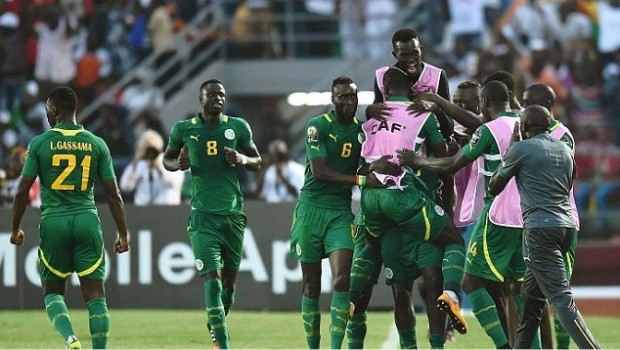I left school at 16 to launch Student magazine to campaign against two terrible wars; the Vietnamese War and the Nigerian Civil War. Many years later, I had the privilege of getting to know one very extraordinary victim of the latter war, Ngozi Okonjo-Iweala.
I got to know Ngozi at Davos last year. As we head there again in 2015, I wanted to share her remarkable story. Aged just 13 years old when the War started, Ngozi endured turmoil throughout her adolescent years. Her family lost almost everything, faced deadly diseases and survived on very little food.
She told me a story about how her two year old sister narrowly survived malaria. Ngozi walked 10 kilometres with her sister on her back to see a volunteer doctor, only to find a thousand other people queuing for help. Realising the dire situation they were in, she crawled through the crowd’s legs and propped up her sister through the clinic window. Had she not shown such courage, her sister would not have got the injection she needed to survive.
While I was moved, I was not surprised to hear Ngozi’s tale. Her strength of character is well reputed. As one of Nigeria’s most respected people, she has held positions like: managing director of the World Bank, Finance Minister, Foreign Affairs Minister, and Minister of Finance and Coordinating Minister for the Economy. A tweet she posted summed up her attitude: “Investing in #women is smart economics. Investing in #girls is even smarter economics because you’re catching the women early.”
In the position of Nigeria’s first female Finance Minister she led attacks against corruption to make the country more desirable for investment and jobs. As managing director of the World Bank, she worked for positive change across Africa. Her slogan? “No to corruption, no to internet scams, no to debt, yes to jobs, yes to infrastructure.”She didn’t ask: “what am I going to do”, but instead: “what opportunities can I take to make a difference.” But fighting corruption can be a very dangerous business. Her crusade against corruption has put her life at risk. She got a lot of threats, to the point that her mother was kidnapped on the demand that she resign. She didn’t falter or crumble – she stayed true to her conviction, saying: “I keep my ego in my handbag”. As the Independent claimed Ngozi is: “The woman who has the power to change Africa… and a heroine of the entire continent.”
But as a female at the helm of a country like Nigeria, corruption was not the only issue she battled. I had a robust discussion with her about human rights – particularly touching on gay rights. Uncomfortable with her country’s anti-gay laws, Ngozi told me she has faith that democracy will reign supreme in the end – something I hope rings true, as more distressing news surfaces on the issue. I asked her the very personal question: if any of your children were born gay would you love them any less? She responded that it would make no difference to her.
Thank you Ngozi, for being such a great inspiration to millions of people around the world.



